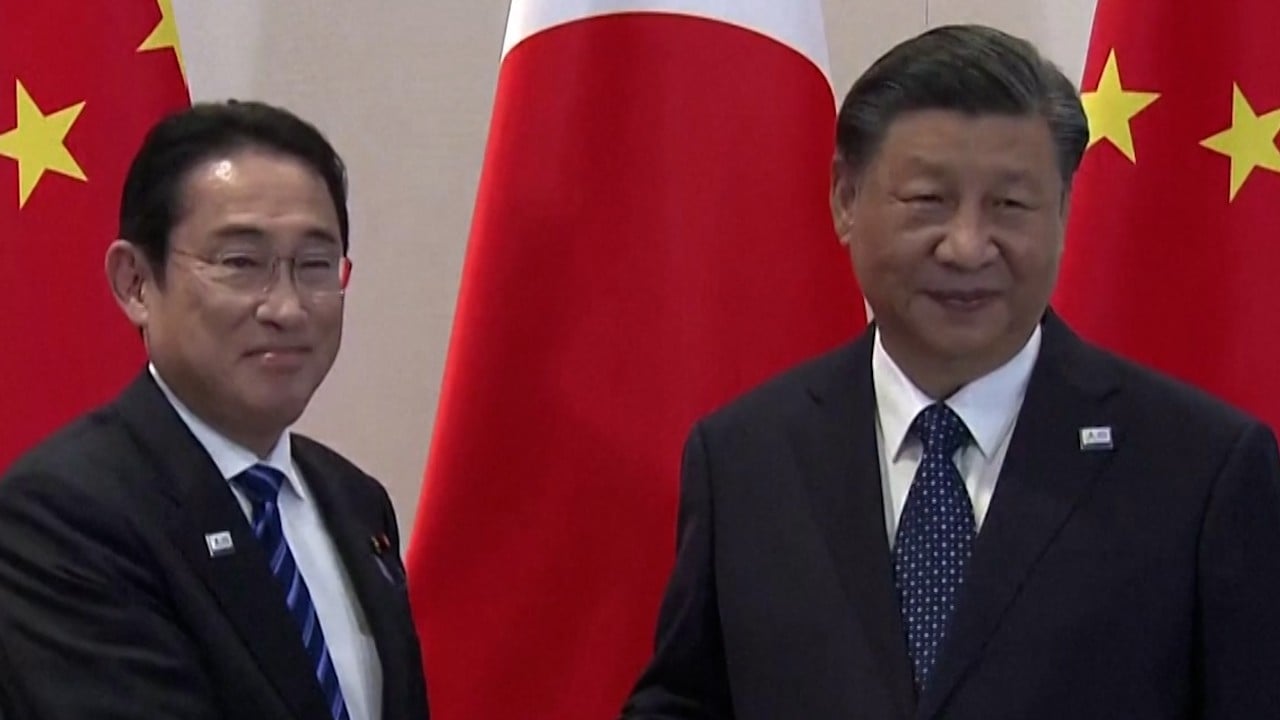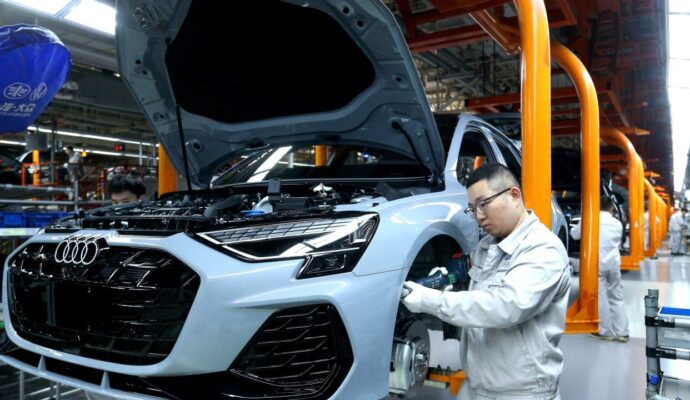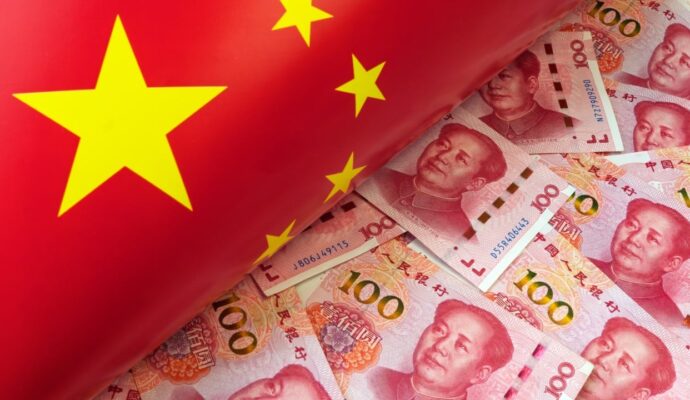In a meeting in the South Korean city of Busan on Saturday, Chinese Foreign Minister Wang Yi and his Japanese counterpart Yoko Kamikawa agreed to hold the China-Japan strategic dialogue, which has not taken place since early 2020.
They also agreed to carry out regular consultations between diplomatic authorities and bilateral security talks.
Economics tipped to top China, South Korea and Japan foreign ministers’ talks
Economics tipped to top China, South Korea and Japan foreign ministers’ talks
The meeting also came less than a fortnight after the leaders of the two countries reached a consensus to to pursue mutually beneficial relations.
Wang said China and Japan should translate that understanding into action and put the relationship on a “healthy and correct” track, according to the Chinese foreign ministry.
“The two sides should put their strategic relationship of mutual benefit into practice and draw up a road map and timetable accordingly,” he was quoted as saying.
Chinese President Xi Jinping and Japanese Prime Minister Fumio Kishida reaffirmed their commitment to a “strategic relationship of mutual benefit” in San Francisco in mid-November, when they met on the sidelines of the Asia-Pacific Economic Cooperation summit.
The phrase was coined in 2008 but has not been used much in recent years as the two neighbours have sparred over a range of issues.
Kamikawa said on Saturday she was ready to cooperate “closely” with Wang to build “constructive and stable” bilateral relations, the Japanese foreign ministry said.
It also said the two foreign ministers had extended invitations to each other to exchange visits.
Wang called on Japan to strictly abide by the one-China principle while Kamikawa said that Tokyo’s position on Taiwan remained unchanged, according to a Chinese readout.
The Japanese ministry said Kamikawa expressed concern for peace and stability in the Taiwan Strait.
Wang said China opposed Japan’s “irresponsible action” of discharging the nuclear-contaminated water, while calling for a “comprehensive, effective and independent long-term monitoring mechanism” for all stakeholders.


